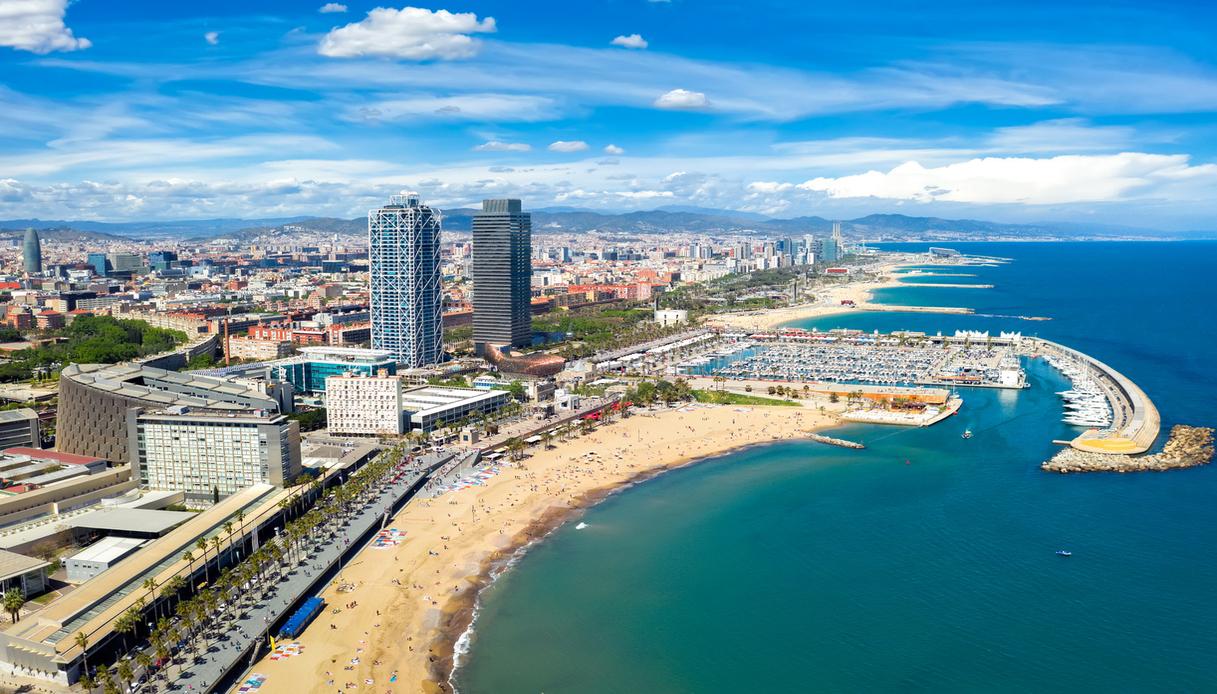Mass tourism, while undoubtedly being an important source of income, also creates a series of inconveniences and problems that force the administrations to intervene. In Europe (and not only) there are many cities and countries that have implemented it restrictions with the aim of managing this phenomenon and preserving the artistic, historical and natural heritage. Last on the list is Barcelonaan extraordinary city in Spain that has decided to mobilize against overtourism.
Barcelona wants to ban short-term rentals
short leases are increasingly sought after when it comes to taking short holidays in destinations all over the world, including Barcelona. The lively Catalan city, however, seems to be in a real housing crisis, which many believe is also due to the poor management of tourist flows.
Therefore, the mayor Jaume Collboni announced that in the next few years Barcelona do not renew the licenses of the more than 10 thousand apartments currently rented to tourists. The expected year for the entry into force of this new rule is 2029, for the simple reason that all the licenses issued so far will expire from November 2028. From the following year, therefore, Barcelona could deprive itself of apartments for short term rentals. to tourists. But don’t worry, because the traditional hotels and B&Bs will still remain in town.
But why this new measure? According to the mayor, this move is necessary because i prohibitive rental priceswhich have increased by 68% in the last ten years, represent one of the major problems of Barcelona.
The critics of this new measure
We start from the assumption that this new measure is not yet law: the majority of votes from the municipal council is required to enter into force. Without forgetting the fact that those who now have the tourist accommodation license and the trade associations that represent them could slow down this possible lawsuit process.
The Popular Party (PP) already has appeal to the Constitutional Court, for example, and at the same time the association of employers Apartur is considering the possibility of appealing to the European Court of Justice.
When a bus line in the center of Barcelona disappeared from Google Maps
It is not the first time that the administration of Barcelona implement measures aimed at curbing the gentrification phenomenon. In fact, a few months ago, a bus line that goes through the center of Barcelona disappeared on Google Maps. For what reason? More or less the same with short-term rentals: the goal was to make sure that tourists don’t use them too much. In this way, therefore, citizens will be able to use it without too many problems.
At the same time, however, the municipality of Barcelona organized a ambitious project to face both the climate crisis and the problems resulting from mass tourism.
In fact, they will be installed in the near future sustainable technologies and innovative energy solutions in the city’s school buildings, such as photovoltaic panels, air conditioning systems and heat pump heating systems. The expected deadline is 2029.
But that’s not all, because the excess energy produced will be shared with other public buildings and surrounding residences, creating an integrated and sustainable energy network. The estimated cost is 100 million euros, which the municipality of Barcelona has decided to take (in part) from the proceeds of the City tax this year it will rise to 3.25 euros per night.

